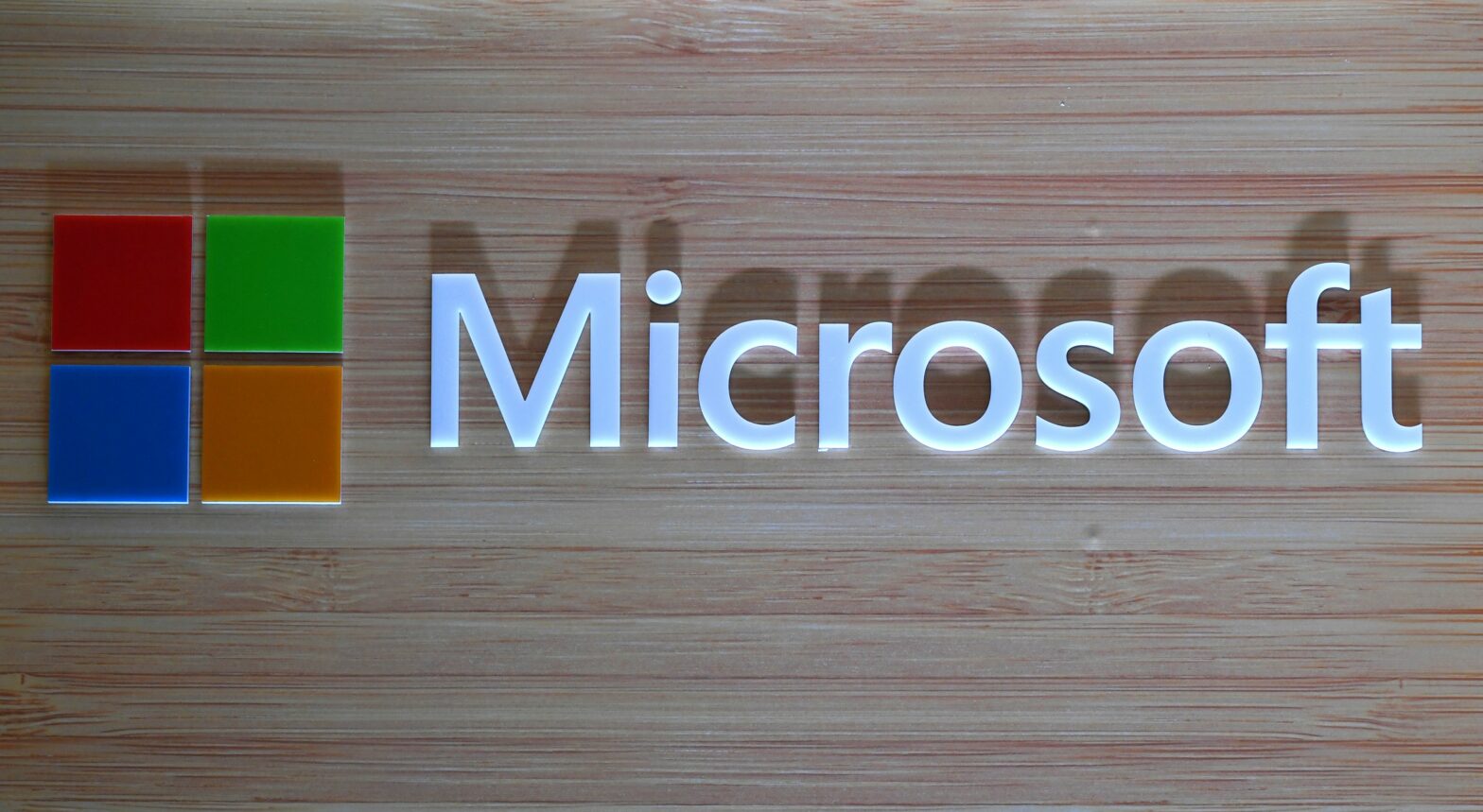28 August 2003 The European Parliament will recommence debate on Monday about whether to approve a new law on software patenting.
The Directive on the Patentability of Computer-Implemented Inventions was originally intended to harmonise patent laws across the European Union, but it has been met with hostility from many in the computer industry who say that it will only damage the development of the EU’s software industry.
The directive has been championed by the European Patent Office (EPO) because many patents approved by the EPO have not been valid in a number of individual member states.
Arlene McCarthy, the Member of European Parliament responsible for the draft legislation, has cited research by the London-based Intellectual Property Institute that suggested that software patenting was instrumental in the development of the US software industry.
However, McCarthy’s support for software patents has been strongly criticised by open source advocates such as Bruce Perens and, most recently, by a number of economists from academia.
In an open letter, the economists rejected McCarthy’s suggestion that patenting will aid the European software industry. Their research suggested that the introduction of software patenting might lead to a decline in research and development.
“One study has shown that as software patenting rates have risen, R&D investment in IT sectors has declined,” they wrote.
They fear that the introduction of software patenting will encourage big companies to build large portfolios of patents with which to intimidate smaller, more innovative companies. Intellectual property lawyers will be the main beneficiaries of the directive, they suggested.
They also criticised the manner in which the proposed directive was devised and the lack of background analysis accompanying the proposal. Others have also been alarmed by the way in which opposition to the directive has been stifled.
The academics’ letter follows a warning from open source guru Bruce Perens issued earlier in the month that software patenting posed a bigger threat to the development of open source software than legal action from companies such as SCO Group.






